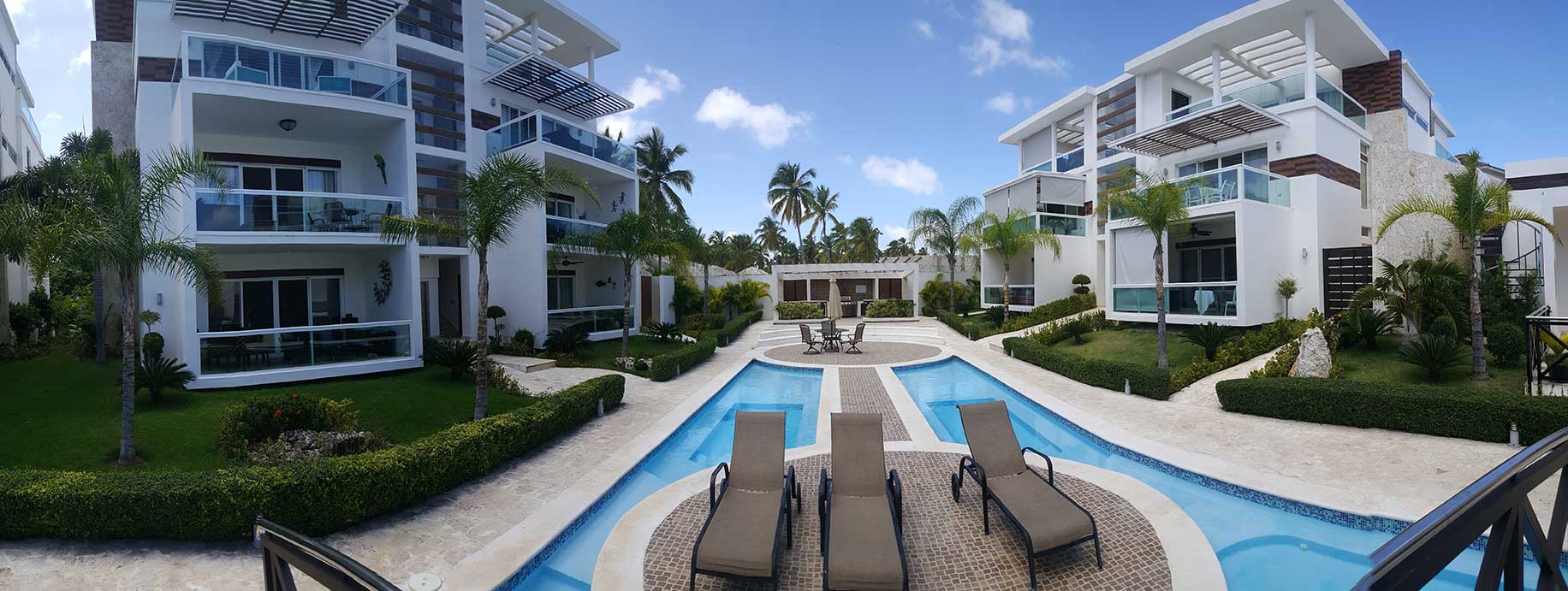Closing costs are an integral part of purchasing a property, generally ranging from 2% to 5% of the total purchase price. These costs cover various fees related to the property acquisition process, such as loan origination, escrow, appraisal, and more. The specific breakdown of closing costs can vary widely based on factors like property location, type, and loan structure.
Upon completing the purchase transaction, buyers receive a detailed list of the closing costs. It’s crucial to understand that these figures can differ by up to 10% from the initial “good faith estimate” provided by the lender.
